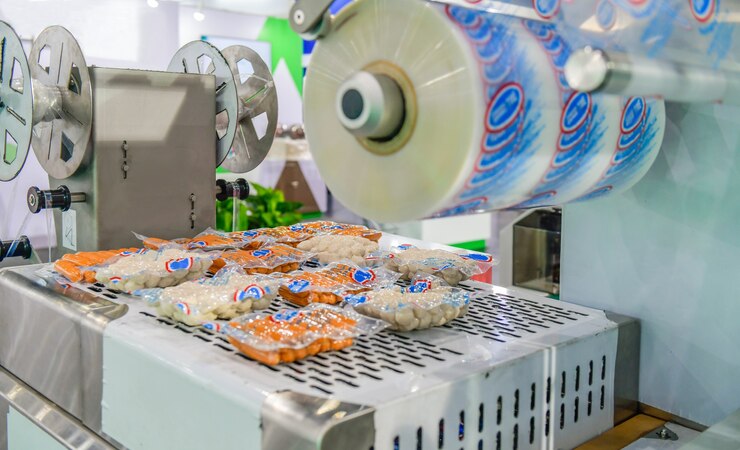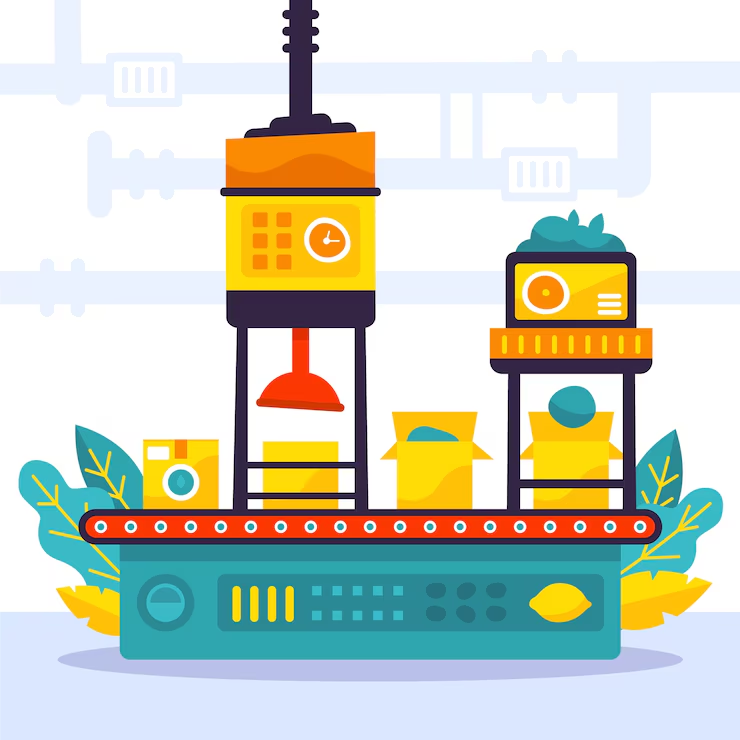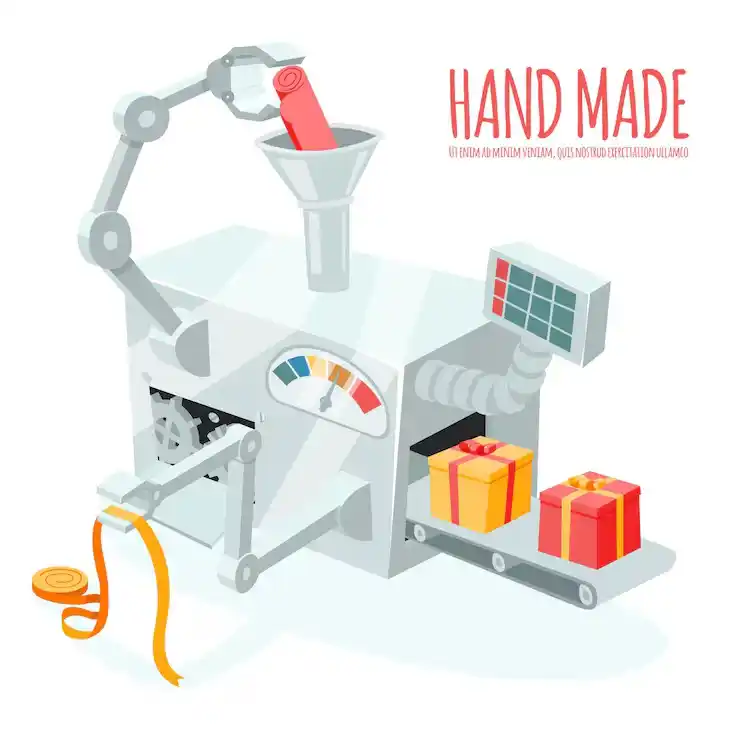Packaging is not just about wrapping products anymore; it’s an essential part of the food and beverage industry’s efficiency and safety protocols. In today’s fast-paced world, the need for reliable, fast, and smart packaging solutions has never been more vital. The industry leans heavily on advanced packaging machines to meet consumer demand, maintain hygiene, and stay competitive.
Powering Production
These machines do much more than seal containers—they shape brand perceptions, extend shelf life, and ensure product consistency. Understanding their vital role is key to grasping the industry’s operational backbone.
- Enhances production speed and efficiency
- Maintains food hygiene and safety standards
- Reduces manual labor and human error
- Promotes sustainability through material optimization
- Enables seamless supply chain integration
Evolution of Packaging Machines in Modern Manufacturing
The development of packaging machines in the food and beverage industry mirrors the technological evolution of the 20th and 21st centuries. These changes have helped brands scale up operations without compromising on quality. Efficiency and accuracy have become the benchmarks of modern packaging lines.
- Transitioned from manual to automated systems
- Introduced vacuum and MAP technologies
- Real-time quality control features added
Ensuring Hygiene and Food Safety through automation
When dealing with consumables, hygiene is non-negotiable. Automated packaging machines drastically reduce the risk of contamination by minimizing human contact with food items. Compliance with food safety regulations, like those from the FDA or HACCP, is much easier when packaging is handled by smart machines.
- Minimizes direct human interaction
- Adheres to global hygiene protocols
- Enhances consumer confidence
Cost-Effectiveness and ROI in Machine Investment
While the initial cost of packaging machinery can be high, the return on investment (ROI) speaks for itself over time. They also reduce product loss due to human error or inefficiencies. Companies that integrate such machines usually experience faster production cycles and fewer recalls, both of which affect the bottom line. In this sense, the expense is an investment rather than a burden.
- Reduces long-term labor expenses
- Increases daily production volume
- Lowers product recall risks
- Enhances profit margins

Sustainability and Eco-Friendly Packaging Solutions
Packaging machines are now key players in environmental responsibility. Modern machines are engineered to minimize waste and support the use of recyclable or biodegradable materials. This not only appeals to eco-conscious consumers but also aligns companies with global sustainability goals.
- Supports recyclable material usage
- Reduces excess packaging waste
- Enhances sustainability credentials
Advanced Technology Integration in Packaging Lines
Smart technology, AI, and IoT are transforming packaging lines into intelligent systems. Machines can now adjust themselves based on packaging type, weight, or even temperature. The result is more consistent quality, fewer breakdowns, and improved adaptability to market demands. The rise of Industry 4.0 in packaging is not just a trend—it’s a necessity.
- Employs AI and machine learning
- Enables predictive equipment maintenance
- Adjusts automatically to packaging variables
Flexibility and Customization in Packaging Design
Today’s packaging machines are built to accommodate multiple formats, sizes, and designs. From resealable pouches to glass bottles and carton boxes, these machines adjust seamlessly. Adaptability is now a competitive advantage.
- Handles diverse package types
- Easily adjusts for brand-specific needs
- Supports fast product changeovers
Boosting Supply Chain Efficiency and Traceability
Efficient packaging machines contribute to better supply chain management. This increases transparency and accountability across the distribution network. In the case of a recall, these technologies can pinpoint affected batches quickly. Such capabilities reduce operational risks and build consumer trust.
- Integrates real-time tracking systems
- Simplifies product recalls and audits
- Increases supply chain visibility
Role of Packaging Machines in the Food and Beverage Industry
From automation and safety to sustainability and customization, packaging machines serve as the beating heart of modern food and beverage operations. As consumer expectations evolve, the packaging process must adapt, and machines are leading that evolution. Their role is only growing more essential with time.
- Improves efficiency at every production stage
- Supports safety, hygiene, and traceability
- Aligns with eco-friendly trends
- Enhances product appeal and brand identity
- Enables seamless market adaptability

Conclusion:
Packaging machines are more than mechanical devices—they are critical to the success of the food and beverage industry. Their ability to blend technology, efficiency, and sustainability makes them indispensable. Businesses that invest in advanced packaging systems are not just staying afloat; they are leading the industry forward.

